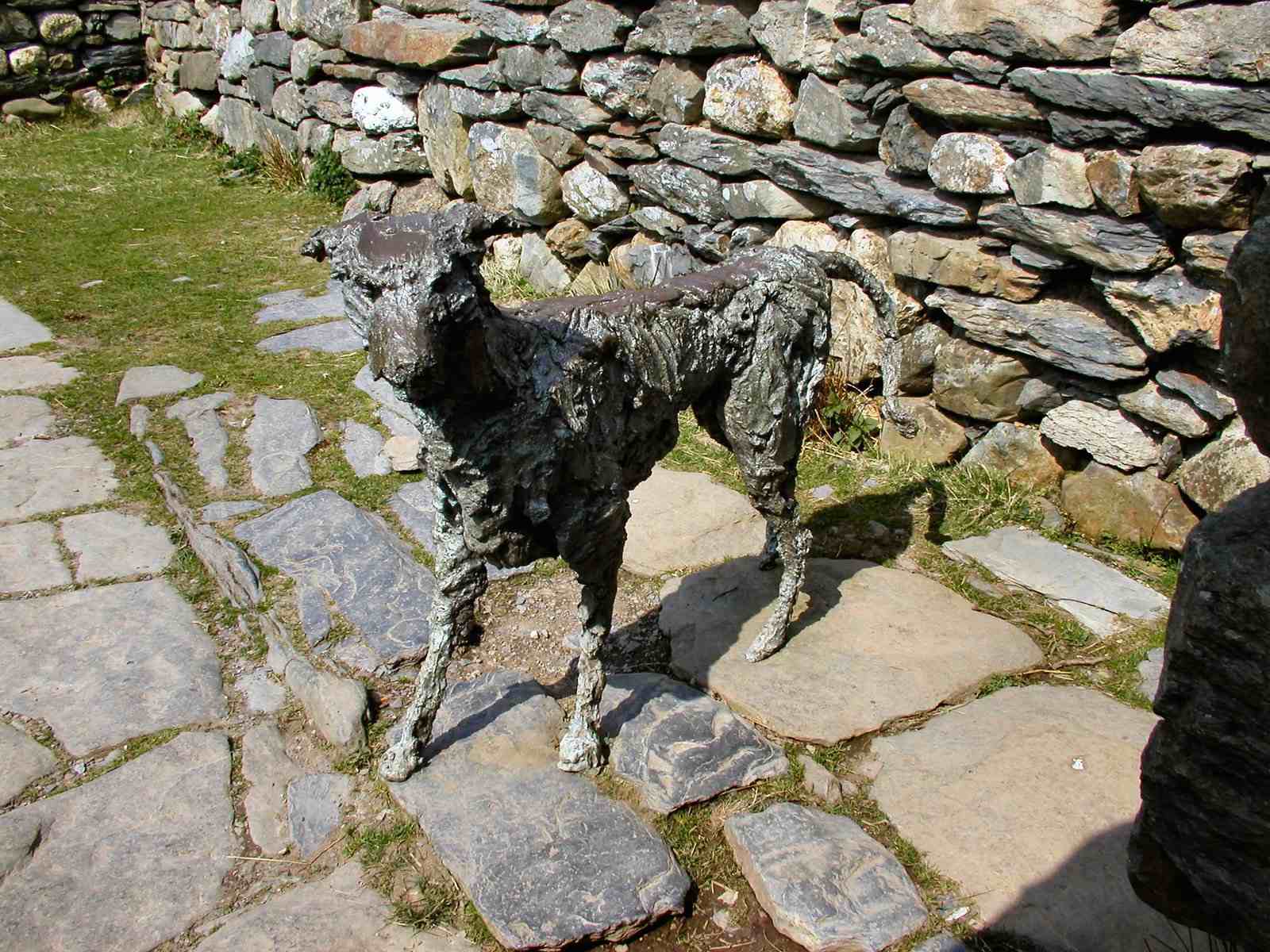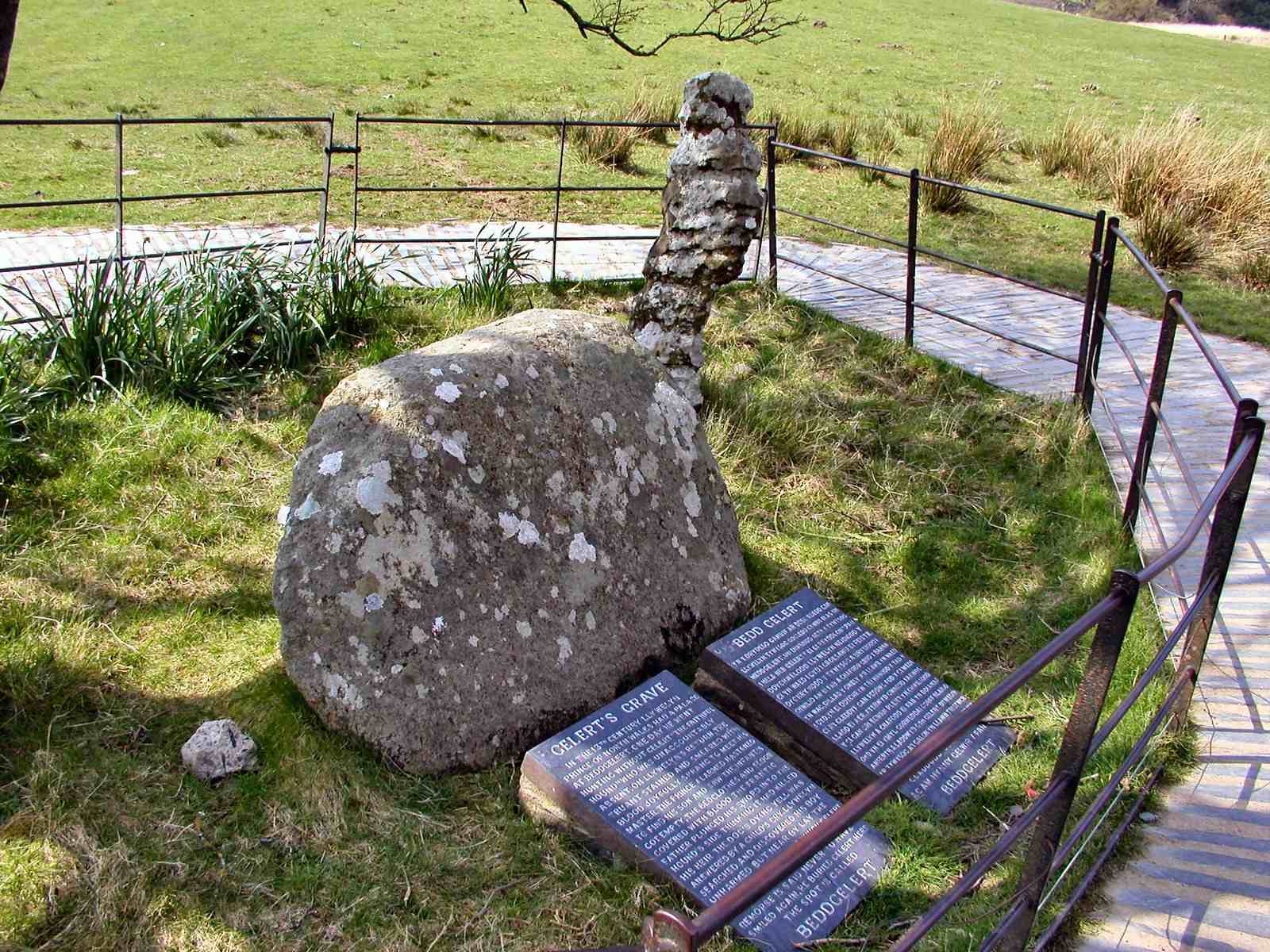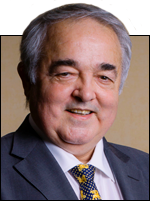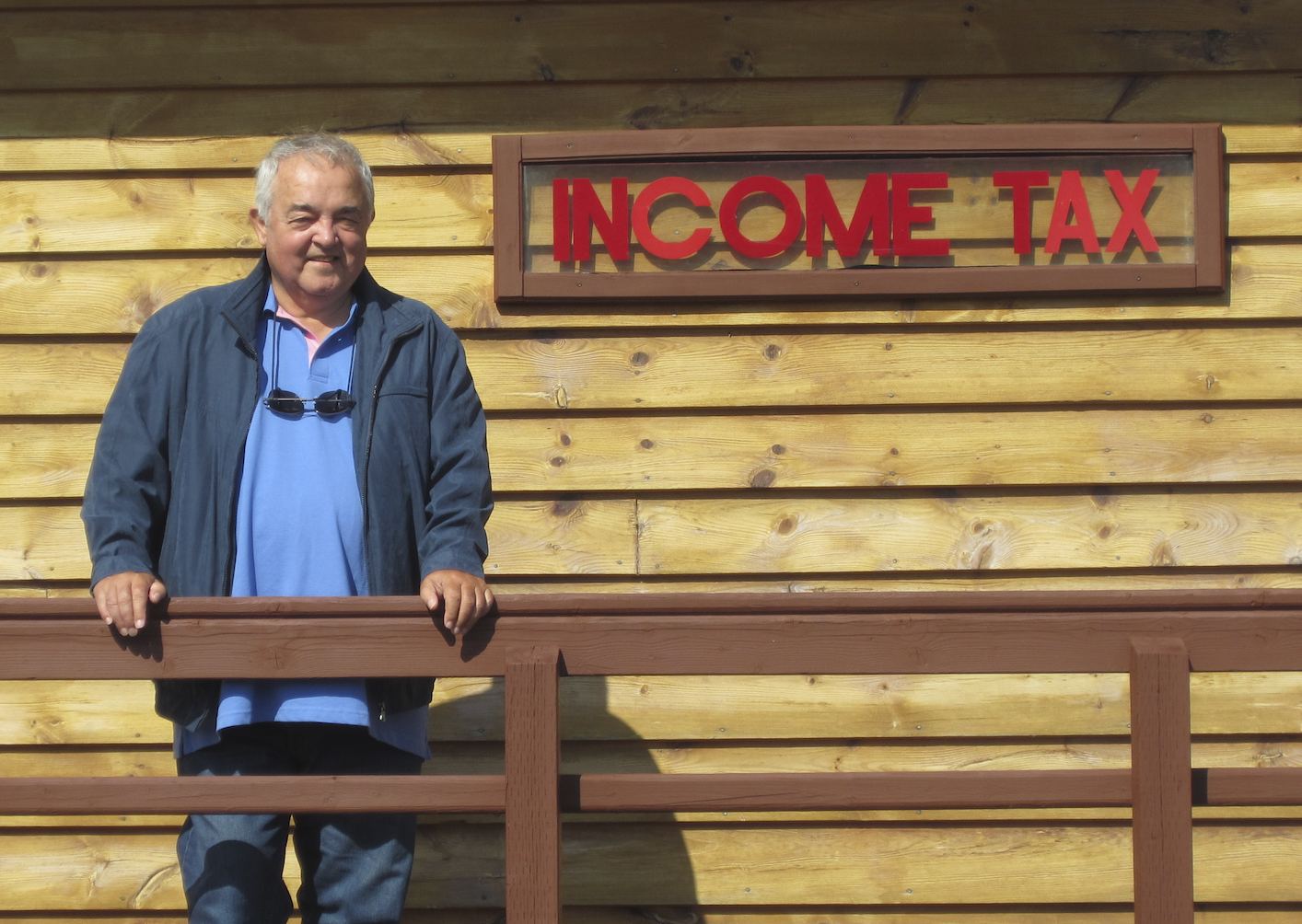I Believe in Magic, and that our world is full of magic! Not the nonsense of New Age mysticism, or of Voodoo, not the magic of Harry Potter, rather a sensible age-old sorcery that has its fundamental beliefs fixed by the unchanging human condition. It is a sorcery that has underpinned the development of humanity from the very beginning, but which has been overlooked in the twentieth century’s urge to develop a unifying pseudo-science that ‘explains’ everything. That oversight has led to the myth of control, and acts of hubris on a monumental scale. {How ironic that I found myself teaching for over twenty years at the LSE, Britain’s foremost university of the social sciences, when I believe there can be no science of society – all society is grounded in magic!}
I first learned of magic back in childhood. There the world is a magical place for us all. Within the realm of imagination, within the realm of chance, within the realm of necessity, the ‘improbable’ can and does happen. That having been said, I should add that the ‘impossible’ stays impossible.
Thankfully, this magical world of my childhood still exists in me, and I still see the world of grown-ups as an alien place, an insane place of denial. I have always been able to discard the jaundice of adult disbelief, where so many find themselves jaded by disappointment, and directed by cynicism. For me, the real world inhabited by humanity is still this magical world. It has always been that way, and it always will be: a world of intrigue and subtle influences, a world of an irrational and perverse humanity, a world of wonder!
I learned of this magical reality growing up in the ‘Land of my Fathers’ {the title of the Welsh national anthem} The country of my birth is the Principality of Wales, the runt of a Siamese twin that for nine hundred years has been attached in some form or other to its bigger and more politically powerful English neighbour. Yet over the centuries it has managed to perpetuate a national identity and maintain its own language, thanks to a culture of magic and invention. The country has a fervent and thriving national culture that claims ethnic links stretching back to the prehistoric Celtic invasion of Britain and to the pre-Roman/pre-Christian Druids.
However, that culture was born in magic, not historical fact. Nationalists conveniently forget that the population of Wales trebled in size in the late 19th century, with immigrants needed in both the iron and steel and the coal industries. This is proof, if proof was needed, that nationality is in the software and not the hardware, since the present gene pool does not have a majority Ancient Welsh component! Take myself for example. My surname, Angell, means English – although born in Wales my paternal ancestors had more in common with Hengist and Horsa than with the Druids and their Eisteddfodau. {Hengist and Horsa were two brothers who led the invasion of Britain around 450AD by the Jutes, Angles and Saxons (collectively known as the Anglo-Saxons), who pushed back the Celts to the margins of the British Isles; a druid was a priest/magician of the ancient Celtic tribes; an eisteddfod is a competitive festival of poetry and music.}
Wales has a proud tradition of story-tellers, bards and poets, but they would have borne very little resemblance to the ‘druids’ of present day Eisteddfodau who parade around in bed-sheets, celebrating their links with a mythical Druidic past.
Today’s rituals are in fact an eighteenth century romantic fantasy, dreamt up by the likes of Iolo Morganwg (a.k.a. Edward Williams). He claimed to have uncovered an ancient manuscript that described various Druidic rituals. In 1792 he brought together a group of friends in the first Gorsedd of Bards, not in Wales but on Primrose Hill in London. Of course he had written the mystical book himself! Nevertheless his ceremony continues right up to the present. Well-known bards have included actor Richard Burton, even Rowan Williams, the previous archbishop of Canterbury, and of course the late and much lamented Queen Mum.
Iolo had got wrapped up in what started as the imaginings of seventeenth century English antiquaries like John Aubrey and Inigo Jones, who yearned for an ancient British culture to rival that of Egypt, Greece and Rome, and culminated in the 18th and 19th century Romanticism that fuelled nationalistic fervour across Europe.
Some of the stories, to which the latter-day druids lay claim, such as the Mabinogion {a collection of Welsh folk-tales written down between the 11th to the 13th centuries}, do have an ancient and legitimate pedigree. However, their interpretation, and the motives claimed for them, are pure modern invention.
And the mythology contains pseudo-ancient stories, like that of Beddgelert. Prince Llewelyn the Great returned from a hunting trip to find his baby’s bed-chamber in total disarray and covered in blood. His dog Gellert stood amidst the chaos. Convinced that Gellert had harmed his young son, Llewelyn drew his sword, and in a fury killed the hound.

However, the baby was safe. The blood was of a wolf that Gellert had killed in protecting the baby.
Full of remorse, Llewelyn buried the dog in a field in Snowdonia, at Beddgelert {literally: Gellert’s grave}, where he placed a simple stone to mark the grave. No doubt the town elders of nearby Blaenau Ffestiniog had heard of the fable – there are similar examples in the Hindu, Persian, Hebrew and Buddhist traditions. Their town had been on the main stagecoach route to Ireland, however, with the coming of the railways, they were by-passed. Their solution to the financial difficulties: invent the Beddgelert story to bring in the tourists. And they’re still ripping them off – £2 for the car park!

As for attracting tourist money, let’s not forget the village of Llanfairpwllgwyngyllgogerychwyrndrobwllllantysiliogogogoch, with a name containing 58 letters, including 11 L’s, four side by side. This mouthful in the Welsh language means “the church of St Mary in the hollow of the white hazel near the fierce whirlpool of Tysilio by the red cave.”
The village started off as plain old Llanfair Pwllgwyngyll; two words, meaning the Church of Mary in the borough of Pwllgwyngyll. However, in the 1880s a tailor from nearby Menai Bridge decided to add a few more syllables as a publicity stunt to pull in the tourists on their way to Holyhead to catch the boat to Ireland. It worked, and it’s still working. Tourists come from all over the world and pay their money for a platform ticket, to buy trinkets and snacks in local shops, and to be photographed next to the 15-foot sign on the railway station of a village with no other notable attraction. Of course some idiot in the local authority placed a giant lamp-post just in a position that ruins the best shot.
The Welsh were taught this magical lesson (of how to invent a story that would part people from their money) from no less an authority than a Pope, Callistus II, who canonised St David {the Patron Saint of Wales} on March 1st 1123 {March 1st is the Welsh National Day.} Callistus decreed that in the Heavenly Current Account, two pilgrimages to St David’s in Pembrokeshire were worth one to Rome.
Saint David was a Celtic monk, abbot and bishop who lived in the sixth century, and was one of over 500 Welsh saints who helped spread Christianity among the pagan Celtic tribes of western Britain, and beyond. So was David so different from all those other run-of-the-mill saints? The reality was much more mundane. Hordes of British pilgrims, a type of twelfth-century football hooligan, were descending on Rome, causing huge problems for the Vatican. By raising the status of the Welsh saint, Callistus cleverly cut his costs and sent the troublemakers west, to Saint David’s monastery instead.
I can’t leave St. David without mentioning one fact, which in itself could be the basis of a new tourist industry. David was baptized by his cousin, Saint Elvis, who came from Prescelly: that’s right, by Saint Elvis Prescelly. No joke! There really was a St Elvis, and he was St David’s cousin.
But seriously, Vernon Presley, Elvis’s father, named his son after Saint Elvis. Vernon knew that his family originally came from the Prescelly Mountains – that’s the origin of the name Presley. Who knows, maybe among the King’s British fans, two trips to Pembrokeshire will become the equivalent of a visit to Graceland?
That’s enough of Welsh mythology. If I start on about King Arthur and his Round Table we’ll be here all day. But let me get something straight here. I am not being snide or cynical about these myths, legends and tourist attractions. Far from it! I speak of them with a sense of awe, and as a magical inspiration.
I see nothing fundamentally wrong, immoral or deceitful about creating such delusions. As far as I am concerned the behaviour of the good men of Blaenau Ffestiniog and Menai Bridge is typical of the Magic out there in the development of all cultures. Every culture is a collection of delusions, and the rituals that support those delusions for a particular self-selecting grouping of humanity. These delusions make us comfortable in the world, and with ourselves, by reinforcing what we see as virtues, all the while making the dark side disappear. And the delusions that work best are the ones that work on the primitive (and on the child) in us all.
That’s Magic!



